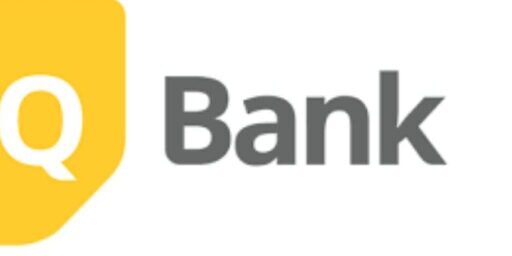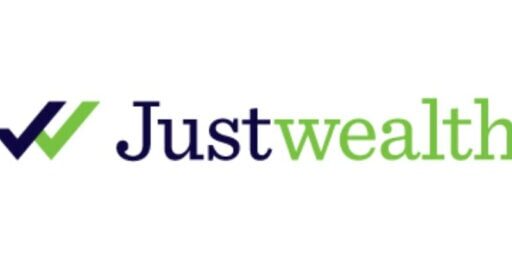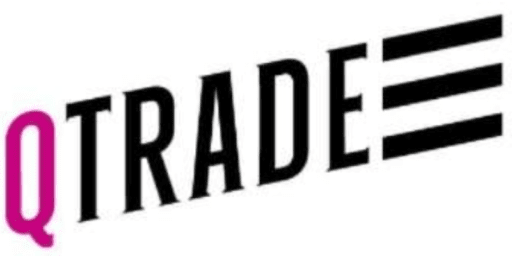Net Worth Update Jan 2012 (+2.16%) – A Fresh Start!
Welcome to the Million Dollar Journey January 2012 Net Worth Update – The first update for 2012! For those of you new to Million Dollar Journey, a monthly net worth update is typically posted near the end of the month (or beginning of the next) to track the progress of my journey to one million in net worth, hopefully by the time I’m 35 years old (end of 2014). If you would like to follow my journey, you can get my updates sent directly to your email or you can sign up for the Money Tips Newsletter..
With a new year comes a fresh start, new goals, and the financial checklist of accounts to fund.
- TFSA contribution? Check! Deposited $5,000 in each account for $10,000 total.
- RRSP contribution? TODO – I typically wait for our Notice of Assessment as we contribute to pension plans which affects our RRSP contribution room.
- RESP contribution? Check! Deposited $2,500 for each child for $5,000 total.
Besides the contributions, not a big change from the last update. Similar to previous years, I adjusted our home value up to match historical inflation even though the real market value is likely much higher due to the local real estate boom. I tend to stick to the conservative side for valuations as it keeps me motivated to keep my numbers growing and it helps buffer any down turn in market values if that were to happen.
Readers have made a few suggestions for changes to this balance sheet update. First, with the cash balance building on the corporate balance sheet, readers have mentioned that the value of the corporation should be included in these updates somehow. After giving it some thought, when I move some cash to a corporate trading account, then I may consider including the after tax value of the account in these updates.
In addition to that, some readers think that RESP values should be included in my net worth but the problem is that I consider the RESP to be my children’s money. I can see their point as “technically” the contributions are mine until my kids withdraw it to pay for post secondary institution. What do you think? Should I include the RESP my net worth? Do you count it as part of yours?
On to the numbers:
Assets: $679,880 (+1.94%)
- Cash: $4,500 (+0.00%)
- Savings: $58,000 (-15.94%)
- Registered/Retirement Investment Accounts (RRSP): $121,400(+2.36%)
- Tax Free Savings Accounts (TFSA): $40,200 (+35.35%)
- Defined Benefit Pension: $37,600 (+1.08%)
- Non-Registered Investment Accounts: $28,980 (+1.05%)
- Smith Manoeuvre Investment Account: $88,700 (+1.37%)
- Principal Residence: $300,500 (+3.00%) (purchase price adjusted for inflation annually)
Liabilities: $82,000 (+0.37%)
- Principal Residence Mortgage (readvanceable): $0 (0.00%) (Paid off in 2010!)
- Investment LOC balance: $82,000 (+0.37%)
Total Net Worth: ~$597,880 (+2.16%)
- Started 2011 with Net Worth: $585,228
- Year to Date Gain/Loss: +2.16%
Some quick notes and explanations to net worth questions I get often:
The Cash
The $4,500 cash are held in chequing accounts to meet the minimum balance so that we pay no fees (accounting for regular bill payments – ie. our credit card bill). Yes, we do hold no fee accounts also, but I find value in having an account with a full service bank as the relationship with a banker has proven useful.
Savings
Our savings accounts are held with PC Financial and ING Direct. We usually hold a fair bit of cash in case “something” comes up. The “something” can be anything that requires cash such as an investment opportunity that requires quick cash or maybe an emergency car/home repair. We also need cash to cover any future tax liabilities.
Real Estate
Our real estate holdings consist of a primary residence and REITs plus a rental property. The value of the principal residence remains valued at the purchase price (+inflation) despite significant appreciation in the local real estate market.
Pension
The pension amount listed above is the value of both of our defined benefit pension plans. I basically take the semi annual statement and add the contribution amounts (not including employer matching) on a monthly basis. The commuted value of the pensions are not included in the statements as they are difficult to estimate.
Stock Broker Accounts
Another common question is which discount broker do I use? We actually have accounts with multiple institutions. I’m hoping to reduce the number of accounts that we hold in the near future. Here is a review of some of the more popular online stock brokers.









@MT, it has been compounded over the past couple of years.
FT – Great site. When you adjust your house for inflation annually, do you compound it or adjust the same amount every year based on the original purchase price?
@Len, thanks for the comment. I adjust for inflation to capture a small percentage of the appreciation. If I were to sell my house today, it would be worth more than what I list in my net worth statement after all fees.
Why do you adjust your house value by 3% up from purchase price for inflation? This is not correct. This asset is only worth what you can SELL for TODAY. And next year that will likely be a lot less!
Siddha, you could put it into ING Direct TFSA account TFSA 90 day GIC at 2.5%. If you haven’t already used up your contribution limit.
Or open up a child account with ING for 2% and no restrictions on withdrawals.
If someone sues you I guess they know how much to go after.
This is a great site. I found it while googling for financial information.
I have about $15,000 I’d like to put in short term 6 month investment with near zero risk.
…… anyone have suggestion on best investment vehicle?
@Lily, good question, we contribute lump sum cash at the beginning of the year to the accounts to quickly get the CESG quickly. Then we invest in small amounts throughout the year.
Hi FT – Off topic, but wouldn’t it be better (from a dollar cost averaging perspective) to invest in RESPs and TFSAs regularly throughout the year rather than a lump sum at the beginning of each year?
To not take the pension into account seems a bit superficial. For instance, a 35-year government secretary with no assets other than her pension and earning 50K a year will retire at 60 with a 35K pension, indexed to inflation. A private sector worker with no pension would have to put away at least 600K to buy an annuity matching that. So on paper our gvt secretary is dirt poor by the conventional asset standards, while in reality she is relatively well off. To ignore the value of the pension plan is to obscure true net worth, including the value of choosing a job with a DB plan. Net worth is what my wife and I could walk away with tomorrow, and that includes around $230K from our pensions if we commuted part of it and cashed out the rest (according to gvt rules).